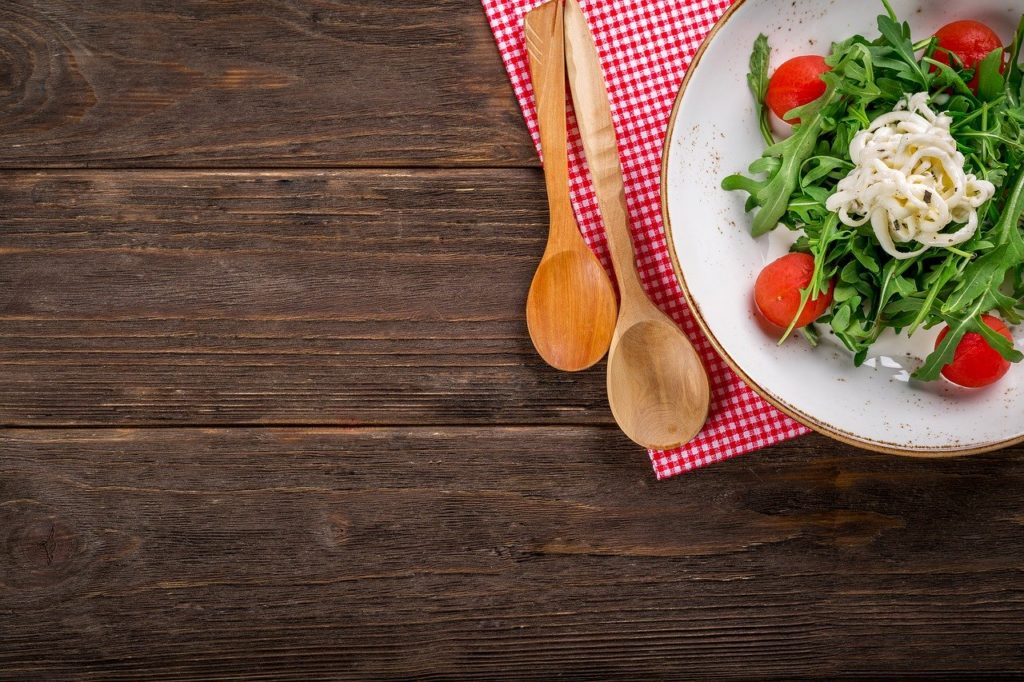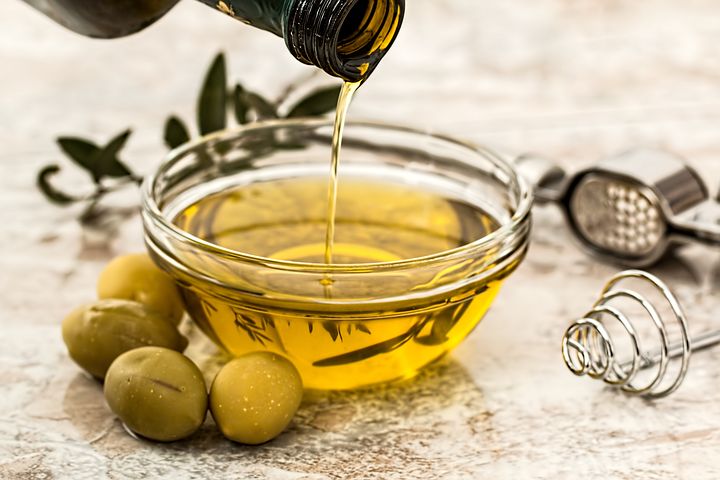During this time when protecting ourselves from illness is at the forefront of health conversation, proper nutrition is a key defense to bolster immunity. Nutrients are substances in foods that our bodies need to function optimally. While seniors may need slightly fewer calories than younger adults, they need just as many nutrients, if not more. As we get older our bodies have different needs, so certain nutrients become especially important for good health.
There are a variety of age-related challenges that pose significant hindrances to proper nutrition, such as decreased sensitivity, medication side effects, poor dental health, lack of finances, lack of transportation, and memory loss. In order to combat the side effects of any of the previously listed, it’s important to begin with the basics and making sure our seniors are eating well-balanced meals. Following these tips can help boost nutritional health.
Protect Your Bones
Older adults require more calcium and vitamin D to help maintain bone health. To meet these needs, select calcium-rich foods and beverages and aim for three servings of low-fat or fat-free dairy products each day. Other sources of calcium include fortified cereals and fruit juices, dark green leafy vegetables, canned fish, and fortified plant-based beverages. Good sources of vitamin D include fatty fish, such as salmon, eggs and fortified foods and beverages. If you take a calcium supplement or multivitamin, choose one that contains vitamin D.
Stay Hydrated
Water is essential for all bodily functions. To stay hydrated, drink a lot of water and non-caffeinated beverages. Water can also be found in fruits and veggies, too.
Vitamin B12

Leafy greens are a healthy diet staple for people of any age.
Some adults older than 50 may not be able to absorb enough vitamin B12. Fortified cereal, lean meat, and some fish and seafood are sources of vitamin B12. Ask your doctor or a registered dietitian nutritionist if you need a vitamin B12 supplement.
Rough Up Your Diet
Eat fiber-rich foods to stay regular. Dietary fiber also may help lower your risk for heart disease and reduce your risk for Type 2 diabetes. Eat whole-grain breads and cereals, and more beans and peas — along with fruits and vegetables which also provide dietary fiber.
Potassium
Consuming adequate potassium, along with limiting sodium (salt) intake, may lower your risk of high blood pressure. Fruits, vegetables, beans, and low-fat or fat-free dairy products are good sources of potassium. Also, select and prepare foods with little or no added salt. Add flavor to food with herbs and spices.
Know Your Fats

Olive oil is a healthy fat.
Most of the fats you eat should be polyunsaturated and monounsaturated fats, which are primarily found in nuts, seeds, avocados, vegetable oils, and fish. Choose foods that are low in saturated fat and trans fat to help reduce your risk of heart disease.
Good nutrition is important, no matter what your age. Taking into consideration that our needs do change as we age can help in making sure that the food that gets put into our body is serving as fuel. If you have an aging parent or loved one that could use help with meal preparation, give Elder Home Care a call at 516-405-5910, we are happy to assist with any and all home care needs.








